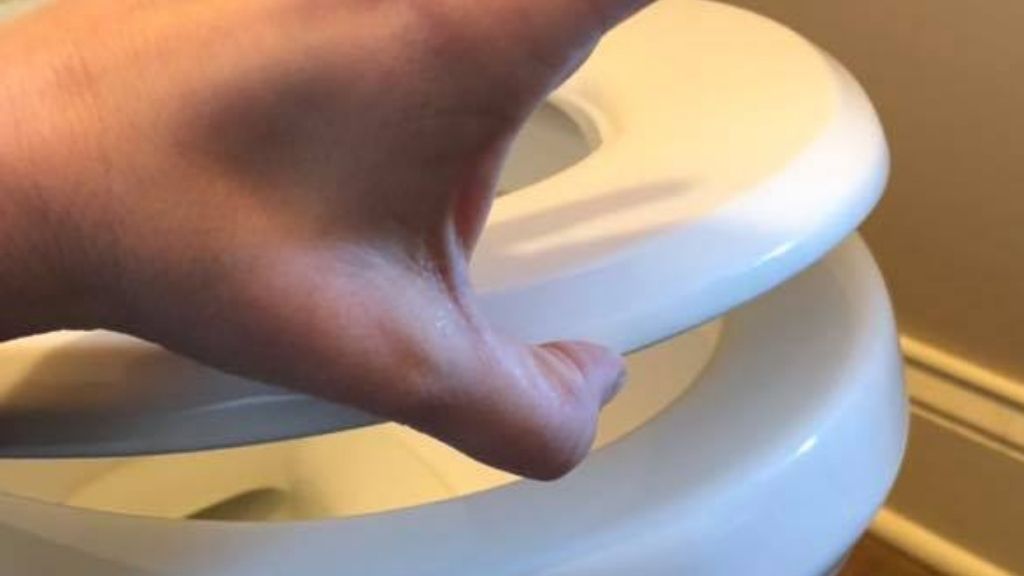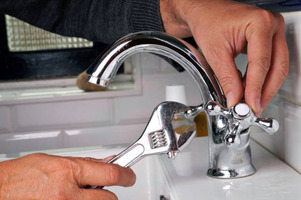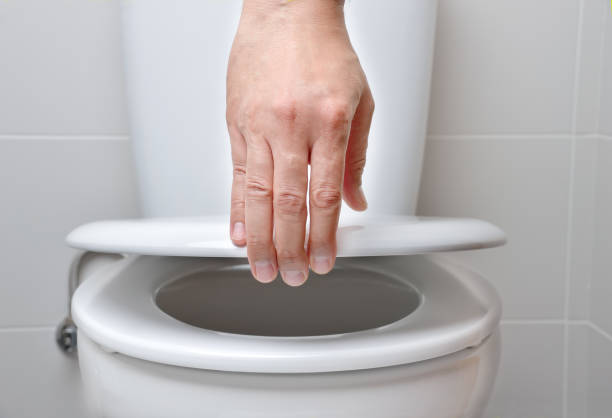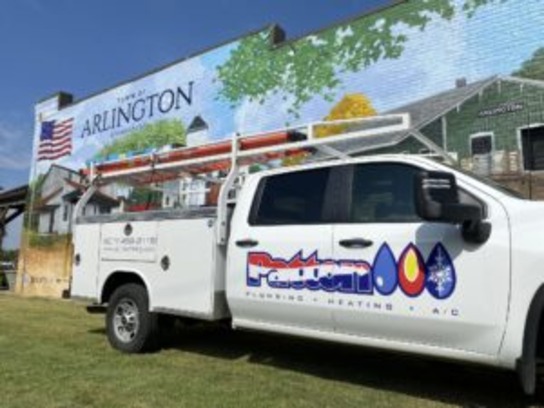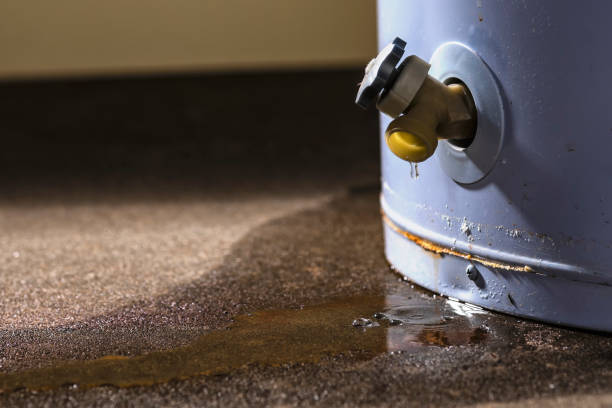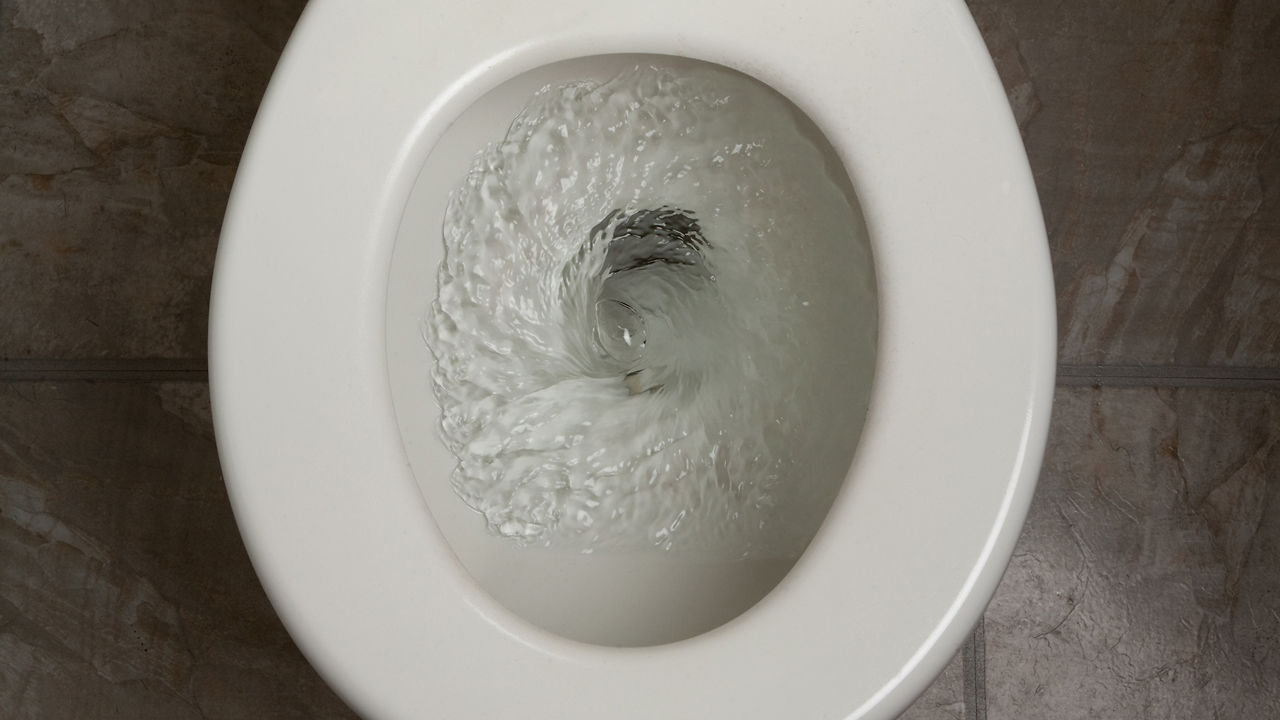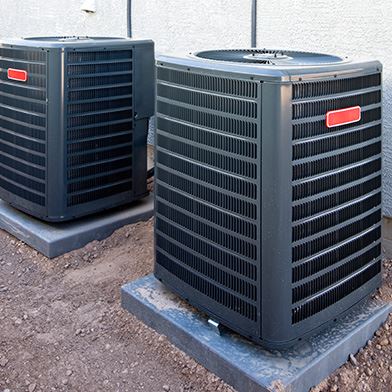At Patton Plumbing, we know how frustrating a running toilet can be. It’s not just the annoying sound of constantly flowing water—it’s also the spike in your water bill and the potential for water damage in your home. Whether you’re dealing with a minor issue or a more complicated problem, we’re here to help. Let’s break down what you need to know about fixing and preventing a running toilet.
How Toilets Work
Before diving into solutions, it’s helpful to understand the basic mechanics of your toilet. The key components include the flush handle, flapper, float ball, fill tube, and overflow pipe. Each part works together to make flushing smooth and efficient. When one of these pieces malfunctions, that’s when the trouble starts.
Why It’s Important to Fix a Running Toilet
A running toilet isn’t just a minor inconvenience—it’s a water-wasting machine. Even a small leak can waste up to 250 gallons of water a day. Beyond the financial hit to your wallet, water damage can wreak havoc on your floors and walls, creating costly repair bills. Fixing the issue early can save you time, money, and stress.
Common Causes of a Running Toilet
Here are the usual suspects when your toilet won’t stop running:
- Leaking Flapper: This rubber piece can degrade over time, leading to water trickling into the bowl.
- Damaged Float Ball: A float ball set too high can cause overfilling in the tank.
- Faulty Fill Tube: When this tube is too long or misaligned, water can flow continuously.
- Worn Gasket: The seal between the tank and bowl can deteriorate, causing leaks.
These issues might seem small, but if left unchecked, they can turn into bigger problems.
When to Call a Professional
While some fixes might seem manageable, others are best left to professionals. Here’s when to give Patton Plumbing a call:
- If the water keeps running despite adjustments.
- When leaks cause water pooling on the floor or near the toilet base.
- For tricky repairs like gasket or fill valve replacements.
- Anytime you’re unsure and want a long-lasting solution without trial and error.
Our team has the tools, expertise, and know-how to get it done right the first time.
Preventative Maintenance Tips
Avoid future toilet troubles with these simple maintenance steps:
- Flush Wisely: Only flush toilet paper—skip the wipes, even the “flushable” ones.
- Inspect for Leaks: Check for damp spots around the toilet after use.
- Test the Shut-Off Valve: Ensure it’s functional so you’re ready in case of an emergency.
- Schedule Plumbing Inspections: Regular professional check-ups can catch problems early.
A little effort now can save you a lot of hassle down the road.
Professional Plumbing Services
At Patton Plumbing, we’re here to take the guesswork out of fixing a running toilet. Our team offers fast, reliable service to get your plumbing back in top shape. Whether it’s a quick repair or a complete toilet replacement, you can count on us to handle it with care.
A running toilet might seem like a small issue, but it can lead to big headaches if left untreated. By understanding how your toilet works, addressing problems quickly, and staying on top of maintenance, you can avoid unnecessary stress and expense. And remember, when in doubt, Patton Plumbing is just a call away.Got a running toilet—or any other plumbing problem? Reach out to Patton Plumbing in Mason, TN, today! Let us handle the hard work while you enjoy peace of mind.

